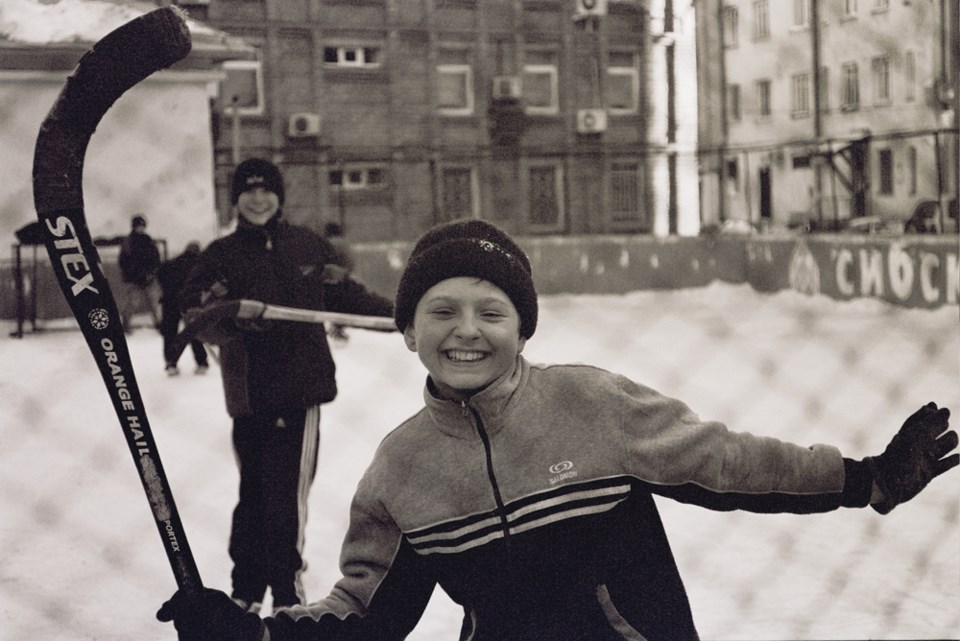I’ll be the first to admit that I was not optimistic about the National Hockey League’s ability to successfully run its Stanley Cup Playoffs in the midst of a global health crisis.
The league so often seems to get in its own way, bungling any number of opportunities that it has. But, so far, playing in the bubbles in Toronto and Edmonton have worked at preventing the spread of COVID-19 and, if as the league claims, its testing supply chains are separate from the public’s, then at this point, there doesn’t seem to be any detriment to the greater population.
Successfully running the postseason has also been a boost to the spirits of Vancouver Canucks fans, including a hearty loyal contingent in Squamish.
As a born-and-bred Winnipegger, I’ve had a complicated relationship with the Canucks. I loved the black, red and yellow colour scheme and the flying skate logo (which I always thought looked like a planet cruising through outer space) but was turned off of the franchise when it shifted to the corporate orca-led branding. Ah, the fickle mind of a child. But I was also a fan of the Manitoba Moose, Vancouver’s long-time affiliate, and was not always thrilled with how Vancouver would call up the Moose’s stars only to let them languish in the press box.
Several former Moose went on to fill significant roles or even become stars on the Canucks (think Alexandre Burrows or Kevin Bieksa), but while it was easy to follow and hope for the best for some of the individuals, it was difficult to wish the team well.
Besides, I’d never bought into that whole nonsense about the nation being expected to rally behind the last Canadian team standing; there are often players on American teams I want to see win the big one and am happy to see them succeed.
But I may be softening. Maybe it’s having been out in B.C. for nearly six years, but this next generation of Canucks is harder not to like. Of course, Elias Pettersson’s wizardry tops any list of admirable qualities the team boasts, while Quinn Hughes has been an absolute revelation on the blue line. Throw in netminder Thatcher Demko taking the baton from Jacob Markström — without whom the Canucks wouldn’t even have been in this position — and Vancouver seems to be primed to be a must-watch not just in these playoffs, but for years to come.
This year, in the team’s first postseason since 2015, it would have been disappointing to see the Canucks fall to the aging Minnesota Wild, but to knock off the defending Stanley Cup champion St. Louis Blues and (regardless of how Friday night’s Game 7 played out) put up a strong fight against the always formidable Vegas Golden Knights has been an unexpected boost.
After a half-decade of floundering, the Canucks were clearly a team on the rise this year. But to make it tantalizingly close to the Final Four was something very few would have honestly predicted.
For all of the unsavoury aspects of professional sports, at their heart, they are unparalleled at bringing people together (mostly figuratively these days, anyway) win or lose. And it’s always more fun to sing when you’re winning than rant, rave and commiserate when you’re losing.
This summer, the Canucks gave fans a reason to harmonize at a time when everyone’s spirits could use a lift.




